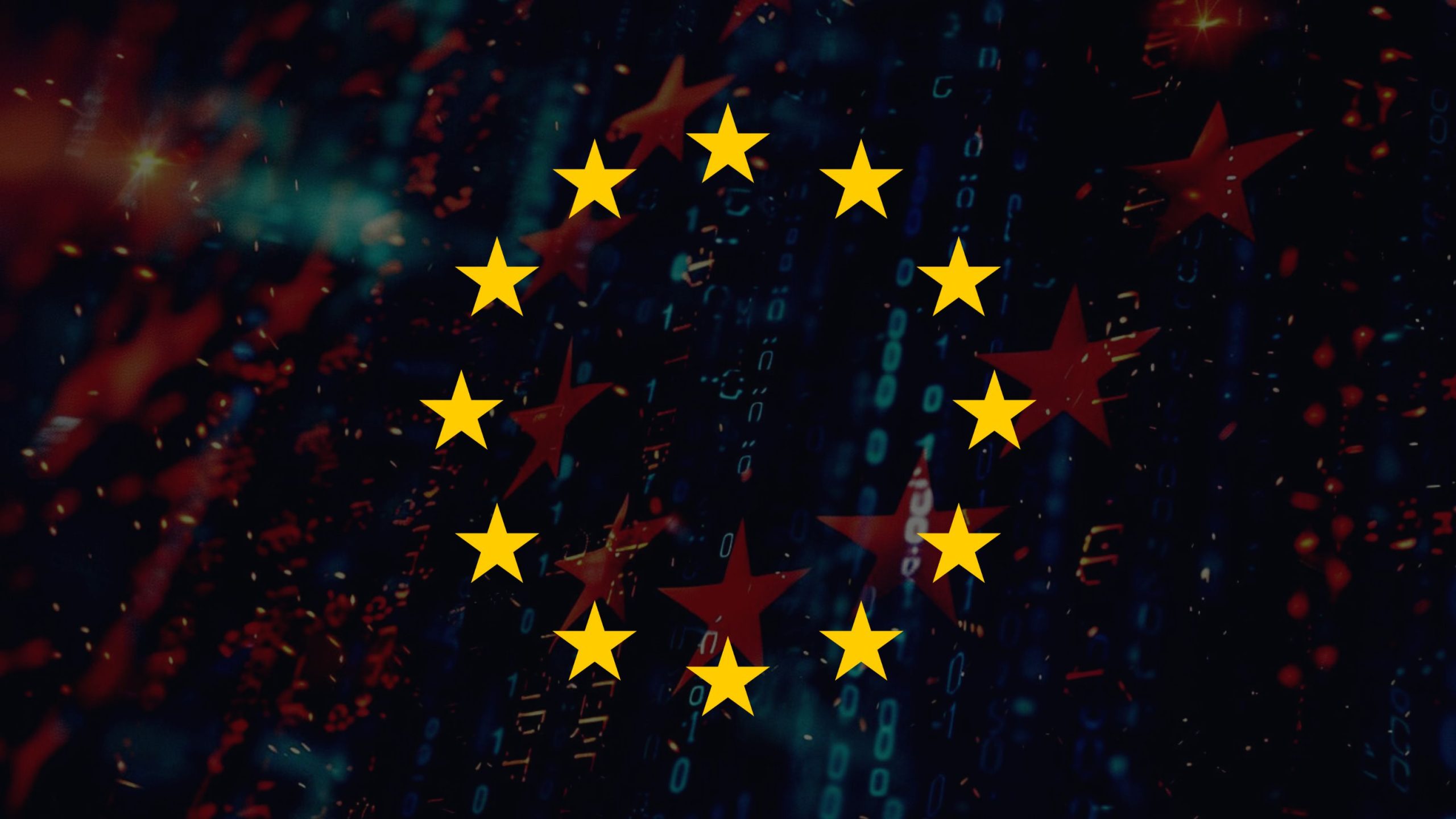Just as the EU’s police organization, Europol, continues to argue in favor of introducing encryption backdoors, which would dangerously undermine security on the internet – it is proving unable to protect its own data.
And that is even with the capabilities afforded to Europol and everybody else by the encryption standards currently in place.
Namely, Europol has suffered an embarrassing data breach this May, with the database reportedly surfacing on the dark web. It is said to contain official use-only documents, internal documents, source code, and possibly also classified information.
Europol has confirmed the incident but is attempting to reassure the public that its significance is low, since allegedly, operational information has not been leaked, while its key systems are “unaffected.”
Meanwhile, reports based on the dark web offer of the sensitive data say it was taken from the European Cybercrime Center (EC3), the Europol Platform for Experts (EPE), the Law Enforcement Forum, and the SIRIUS platform for electronic evidence.
Merely weeks ago, Europol was pushing for an internet even less secure than it is today, repeating the arguments heard many times from various law enforcement bodies around the world, who claim that undermining encryption is necessary for them to do their job.
Europol’s European Police Chiefs convention came up with a joint declaration that urged both governments and the tech industry to prevent the implementation of end-to-end encryption on social platforms – Meta (Facebook) moving in this direction was the immediate reason for this reaction.
To justify the desire to (continue) to have unobstructed access to people’s private communications, including on messaging apps, the EU law enforcement agency said end-to-end encryption would hinder investigations and evidence gathering.
And since “war is peace, freedom is slavery…” what those companies attempting to incorporate encryption in their apps rightly consider to be a step that enhances their users’ security and privacy – Europol considers it to be a threat to public safety, while lack of encryption is framed as “secured digital environment.”
“Our homes are becoming more dangerous than our streets as crime is moving online. To keep our society and people safe, we need this digital environment to be secured,” Europol’s Executive Director Catherine De Bolle was quoted as saying at the time.
“Tech companies have a social responsibility to develop a safer environment where law enforcement and justice can do their work. If police lose the ability to collect evidence, our society will not be able to protect people from becoming victims of crime,” De Bolle added.













